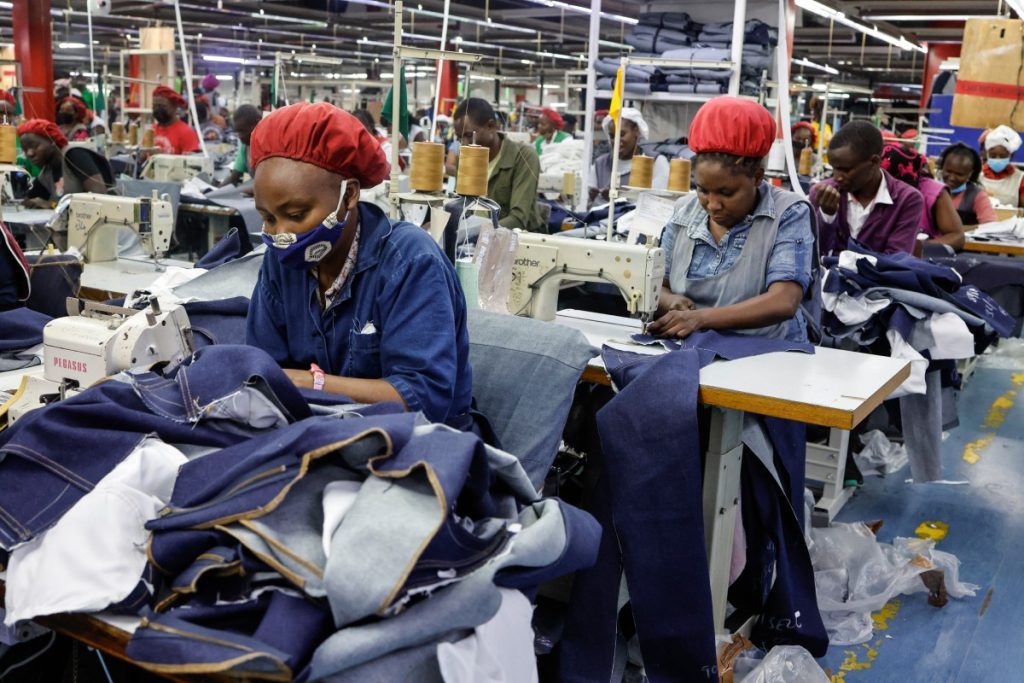African Countries Step Closer to Self-Sufficiency in Mpox Vaccine Production
In a significant breakthrough, the Africa Centres for Disease Control and Prevention (Africa CDC) has announced a technology transfer agreement with Bavarian Nordic, the sole global producer of the Mpox vaccine. This development paves the way for African manufacturers to produce their own vaccines, addressing the ongoing Mpox outbreak that has affected 12 countries on the continent.
According to Dr. Jean Kaseya, Director-General of Africa CDC, the technology transfer will enable Africa to manufacture its own vaccines, with a target of having 10 million doses available by the end of 2025. Bavarian Nordic has assured Africa CDC that this target is achievable.
While this development represents a longer-term solution to the Mpox outbreak, Africa CDC Director-General emphasized the need for immediate measures to address the crisis. He highlighted the requirement for donations from wealthier countries to support the emergency humanitarian effort. The European Union has already procured 215,000 vaccine doses for the continent, a commendable step in the fight against the outbreak.
In the past week alone, Africa has seen a significant increase in Mpox cases, with 1,405 new cases reported, bringing the total to 18,910. The Democratic Republic of Congo, the epicentre of the outbreak, has seen the biggest increase, with 17,794 cases reported, an increase of 1,030. However, armed conflict in eastern DRC is hampering efforts to curb the outbreak.
Surveillance remains suboptimal in some countries, with other nations, including Burundi, the Central African Republic, and Nigeria, also reporting an uptick in cases. Notably, no new cases were recorded in Cameroon, Congo, Kenya, Rwanda, Uganda, South Africa, Côte d’Ivoire, or Liberia.
The total number of recorded deaths stands at 541. As the Mpox outbreak continues to spread, this technology transfer agreement is a crucial step towards self-sufficiency in vaccine production, ensuring that African countries can better respond to the crisis and protect their citizens.



